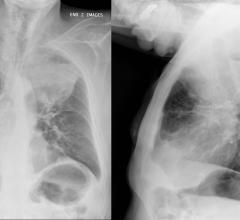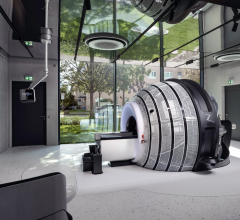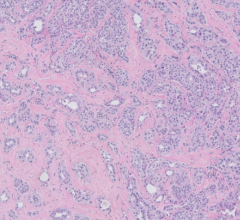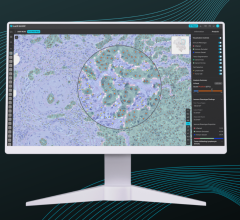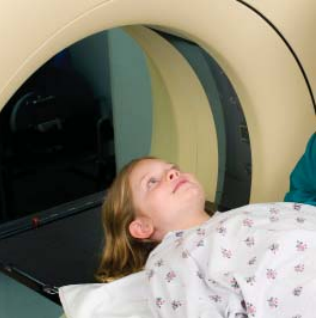
In an article published in the June 2017 issue of The Journal of Nuclear Medicine, researchers assert that exposure to medical imaging radiation not only doesn't increase an adult person's risk of getting cancer, it doesn't increase a child's risk. According to the authors, the long-held belief that even low doses of radiation, such as those received in diagnostic imaging, increase cancer risk is based on an inaccurate, 70-year-old hypothesis and leads to unnecessary fear and misdiagnoses.
The hypothesis referred to is the linear no-threshold hypothesis (LNT) promoted by Nobel Laureate Hermann Muller in 1946. Muller stated that the dose-response relationship is linear with no threshold dose, i.e., all radiation is harmful, regardless of how low the dose and dose rate.
"The underlying intent of lowering future cancer risk, although desirable, goes astray, as the premise is based on the erroneous LNT and the resulting as-low-as-reasonably-achievable (ALARA) principle," said Jeffry A. Siegel, Ph.D., president and CEO of Nuclear Physics Enterprises, Marlton, New Jersey. "The assumption ignores evidence-supported adaptive responses that either repair mutations through enhanced repair enzymes or remove the unrepaired cells by apoptosis [death of cells as part of normal growth] or, most importantly, the immune system."
Children are generally considered to be more vulnerable and, therefore, more sensitive to the effects of radiation than adults. Siegel noted, "... much of the current thinking about the risks of ionizing radiation is based on certain interpretations of the Hiroshima/Nagasaki life-span study."
He says the study is interpreted incorrectly and points out that Japanese children younger than six at the time of the bombings at the end of World War II and exposed to radiation up to 200 mSv showed no significant difference in adult-onset cancers when compared with a control group. Siegel added, "Supportively, the French Academy of Sciences reported that these data provide evidence for protective adaptive responses and no valid evidence for harm below 100 mGy."
Nuclear medicine and CT radiation doses are low, and Siegel cites studies that show "initial radiation-induced damage is generally repaired or eliminated in a matter of hours by the body's adaptive responses." In addition, older children have a stronger immune system than adults. Siegel said, "low-dose radiation has been shown to stimulate the immune system to reduce cancer rates."
Why not err on the side of caution by continually striving to lower radiation exposure? Siegel stated, "... the obsession over lowering radiation dose is a futile and laborious attempt to minimize what is, in fact, a nonexistent risk." He emphasized the importance of diagnostic quality and saids, "Accurate information about low-dose radiation is the only way to undo fear. ... Radiophobia is detrimental to patients and parents, induces stress and leads to suboptimal image quality or avoidance of imaging, thus increasing misdiagnoses and consequent harm while offering no compensating benefits."
For more information: www.snmmi.org


 April 18, 2024
April 18, 2024 

